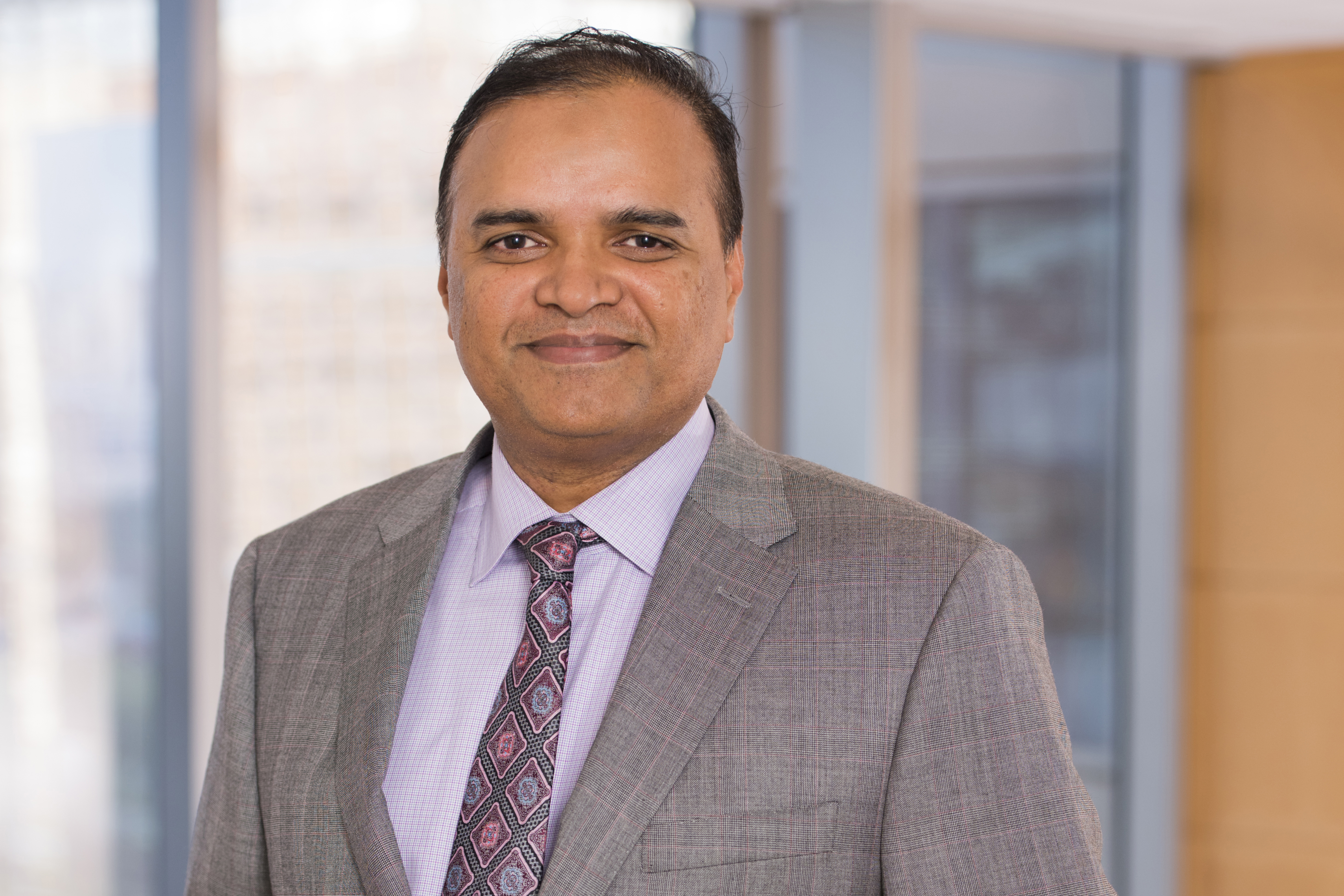Zakir Hafez, LLM ’00 and SJD ’03, was named the new Executive Secretary at the World Bank Administrative Tribunal last month. In a new interview with GW Law, Mr. Hafez spoke about his new role at the World Bank and how his GW Law experience has shaped his career.
After graduating from GW Law, Mr. Hafez worked at the law firms of Steptoe & Johnson and White & Case in Washington, D.C. He then joined the World Bank in 2006 as Counsel in the Administrative Tribunal. As the new Executive Secretary, Mr. Hafez said he is responsible for leading and managing the secretariat's work program and the activities of secretariat staff; serving as the channel of communication between applicants and their counsel, the bank's counsel and the tribunal in matters relating to cases before the tribunal; and providing advice and intellectual leadership on dispute resolution and in the development and implementation of the tribunal's activities and initiatives, including knowledge management.
To better understand Mr. Hafez’s new role, he recalled a case he studied while he was working on his LLM. The case was Mendaro v. World Bank. Mr. Hafez explained that in that case, the U.S. Courts upheld the immunity of the World Bank as an international organization stating that the employees of the World Bank cannot sue the bank in U.S. courts. This immunity of the World Bank exists in other countries as well. Then the question is: Where can employees of the World Bank, who are scattered all over the world, go if they have grievances? “To address this issue, the World Bank established in 1980 an independent tribunal called the World Bank Administrative Tribunal,” Mr. Hafez said. “It is a judicial forum where World Bank Group employees seek final resolution of their claims against the bank group. The tribunal renders final and binding judgments on staff members’ claims alleging non-observance of their contracts of employment or terms of appointment.”
It is an “important” new role for Mr. Hafez. He is looking forward to serving with independence, honesty and integrity.
Mr. Hafez then shared how GW Law has had a major influence in his career. “First, I am indebted to the law school for providing me with first-class education and learning opportunities,” he said. “Second, the professors were great. Professors like Sean Murphy and Ralph Steinhardt have taught me with inspiration and were very helpful. I am also grateful to the International Graduate Program director, Shehernaz Joshi.”
For prospective international students who are interested in pursuing graduate studies at the law school, Mr. Hafez emphasized the importance of establishing a good relationship with the professors. “They may remember you and your name when an opportunity is present,” he said. “Also, D.C. is a great place to meet with professional people. There will be opportunities. Make sure to seize them.”
Before coming to the United States, Mr. Hafez studied law in Norway and Malaysia, after finishing high school in Bangladesh. He has published a number of books and articles.
Mr. Hafez also credits Susan Karamanian, former Associate Dean for International and Comparative Legal Studies and Raj Bhala, former Patricia Roberts Harris Research Professor of Law, for their support while he was a student.


